Lolita the killer whale, 57, dies at Miami Seaquarium ahead of her planned return to the wild
Lolita -- an orca that has lived at the Miami Seaquarium for more than 50 years -- died Friday at the marine-life park ahead of her planned return to her native waters in the Pacific Northwest.
>>> STREAM CHANNEL 9 EYEWITNESS NEWS LIVE <<<
The Seaquarium said Friday that in the last two days, the killer whale -- who is also known has Tokitae -- began exhibiting “serious signs of discomfort.”
The facility said its medical team immediately began treating the 57-year-old, 5,000-pound whale.
Photos: Tokitae through the years
“Despite receiving the best possible medical care, she passed away Friday afternoon from what is believed to be a renal condition,” the park said. “Toki was an inspiration to all who had the fortune to hear her story and especially to the Lummi nation that considered her family. Those who have had the privilege to spend time with her will forever remember her beautiful spirit.”
Read: Famed killer whale Lolita ends 52-year run at Miami Seaquarium
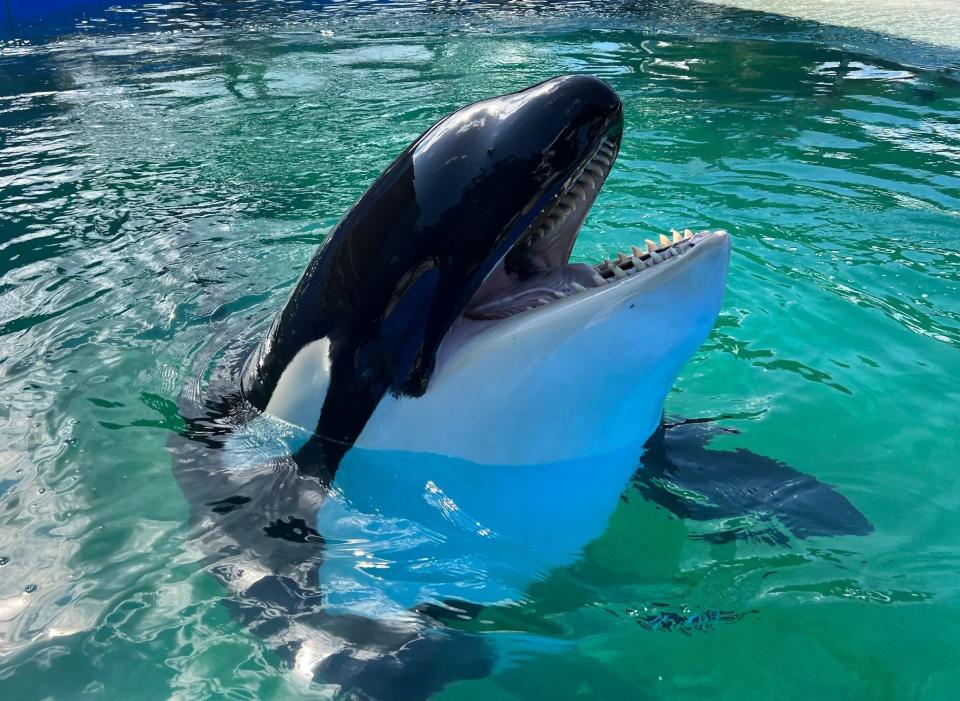
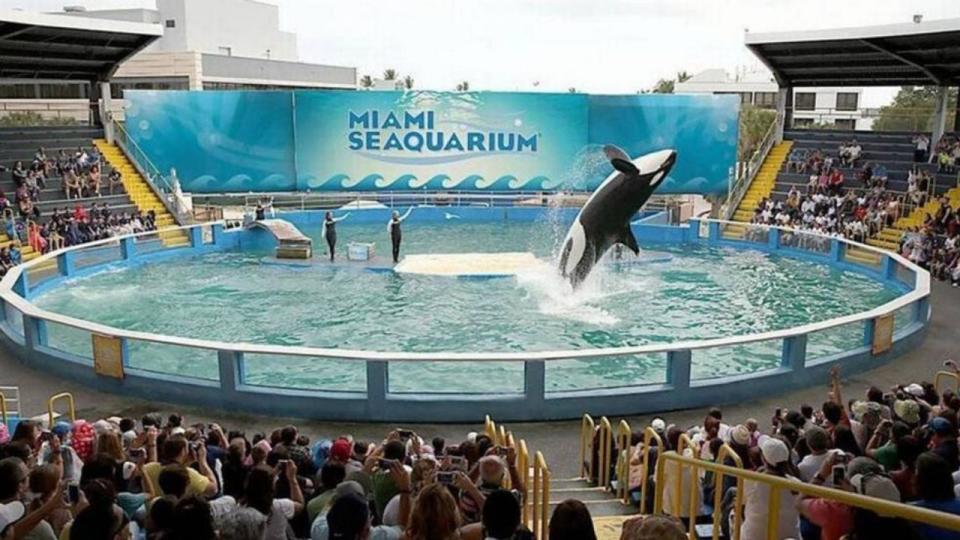
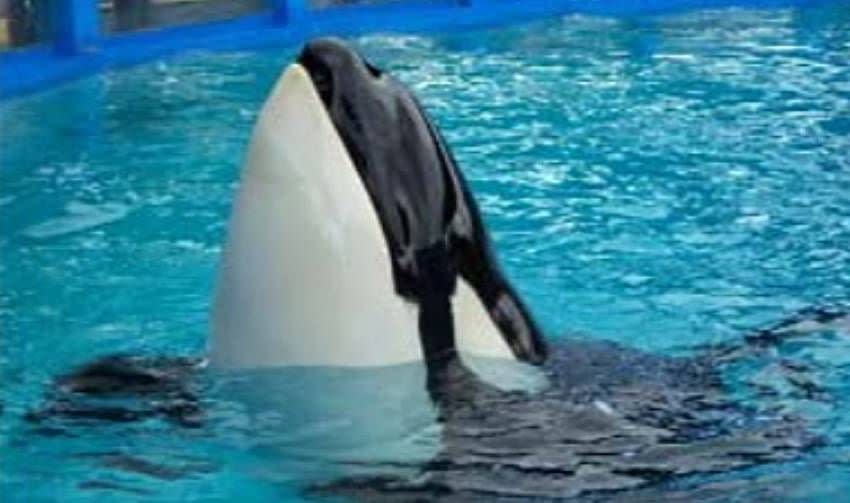

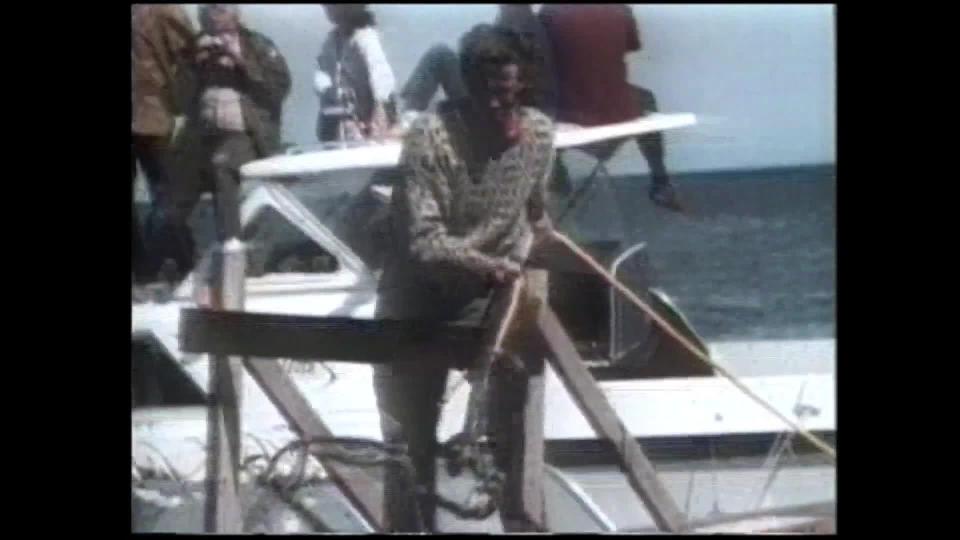
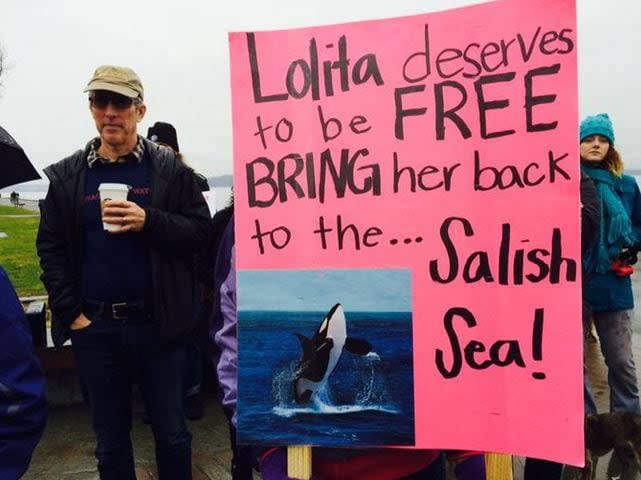

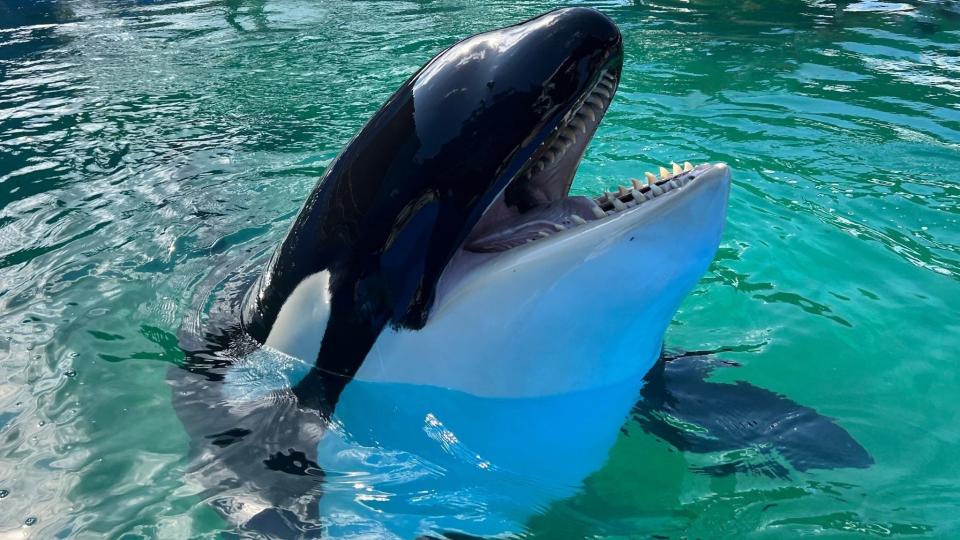

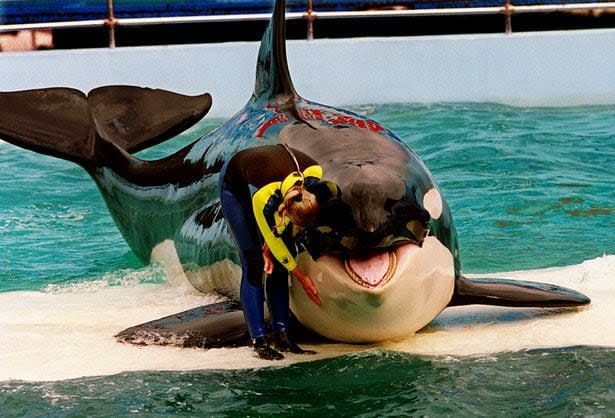
Tokitae’s pool for decades drew criticism from animal rights activists because of its size -- it measures 80 feet by 35 feet and is 20 feet deep.
A mission had been planned to transport the whale by plane to Pacific waters off Washington state, where she would swim inside a large net while trainers and veterinarians taught her how to catch fish.
The effort was estimated to cost $15 million to $20 million.
The Seaquarium opened in 1955 on Virginia Key, east of downtown Miami.
It features a variety of creatures including dolphins, sea lions, manatees, reef fish and sharks.
It was the filming location for 88 episodes of the “Flipper” TV series as well as movies in the 1960s.

Click here to download the free WFTV news and weather apps, click here to download the WFTV Now app for your smart TV and click here to stream Channel 9 Eyewitness News live.
The Associated Press contributed to this report.
Over the last two days, Toki started exhibiting serious signs of discomfort, which her full Miami Seaquarium and Friends of Toki medical team began treating immediately and aggressively. Despite receiving the best possible medical care, she passed away Friday afternoon... pic.twitter.com/hx79OhGn2O
— Miami Seaquarium (@MiamiSeaquarium) August 18, 2023

